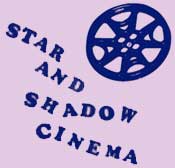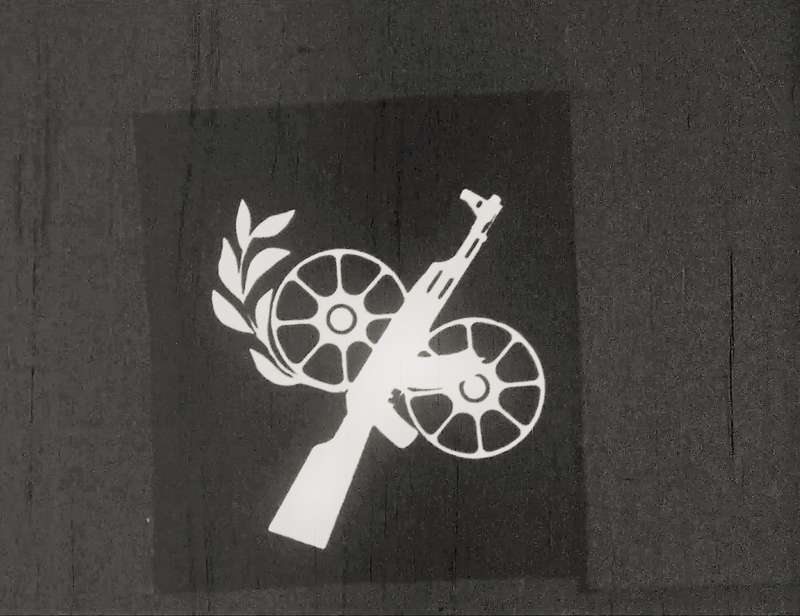Cinema of the Palestinian Revolution
with an introduction from Northumbria University Friends of PalestineA programme of short films from the Palestinian Film Institute; 92 min
-
Fri 16 November 2018 // 18:00
/ Cinema
Tickets: £6/5
Until recently films produced by the Palestinian Film Institute were thought to have been either looted or destroyed during the Israeli invasion of Lebanon in 1982.
As part of the Creative Interruptions project, which is exploring artistic expressions of oppressed communities, researchers at Sheffield Hallam University have participated in the work of retrieving Palestinian films from the 1970s and the early 1980s. Azza El Hassan, a Palestinian film maker, resident in the UK, found the films of Hani Jawharieh (1939–1976) in the latter’s family home and this prompted further search. After uncovering the existence of films in private homes, it has been possible to digitise and restore a number of them to make them accessible to the public, to support the restoration of Palestinian cultural memory in the face of Israel’s destruction of Palestinian cultural artefacts since 1948.
Please join us for a special screening of these newly restored films.
PROGRAMME
Zahrat Al-Madain AKA The Flower of all Cities (dir. Ali Siam, cinematography Hani Jawharieh, 1969, 7 min)
A harmonious picture of Palestinian civil life is disturbed by the Israeli army’s occupation of the city following the 1967 war with Israel. Set to the sound track ‘The Flowers of all Cities’, a famous song by Fairouz, the film retains contemporary relevance.
Glow of Memories (dir. Ismail Shammout, 1972, 12 mins)
Shammout’s paintings narrate the memories of an old Palestinian man.
Palestine in the Eye (dir. PLO Film Unit / Mustafa Abu Ali, 1976, 28mins)
The profound impact of Hani Jawharieh’s death for the PLO Media Unit is reflected upon through interviews with family, colleagues, and his own cinematography, including the moment of his death while filming for the Unit. Through its reflection on Jawharieh we are offered an understanding of the workings of the Film Unit and its international connections.
The Urgent Call of Palestine (dir. Ismail Shammout, 1973, 5 mins)
Shammout records a solidarity song to announce the most urgent call for Palestine.
Palestinian Identity (dir. Kassem Hawal, 1984, 40 mins)
In 1982, Israel invaded Lebanon and occupied its capital Beirut. This film documents the burnt and destroyed cultural and educational centres from which Israelis stole films, photographs, and historical and contemporary manuscripts. It includes interviews with key members of the Palestinian cultural scene, such as Mahmoud Darwish and Ismail Shammout, and those in charge of cultural and educational centres that were destroyed.
This programme is provided by Creative Interruptions, an AHRC-funded project. For more information, visit www.creativeinterruptions.com

